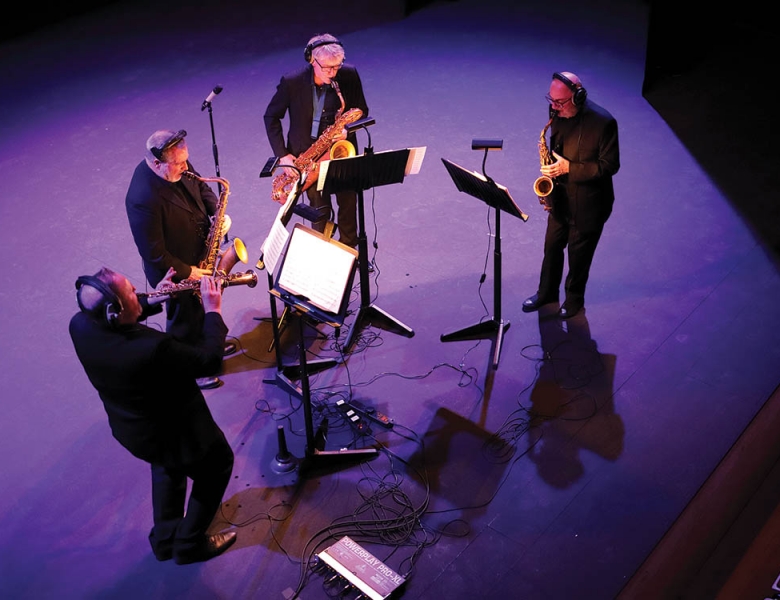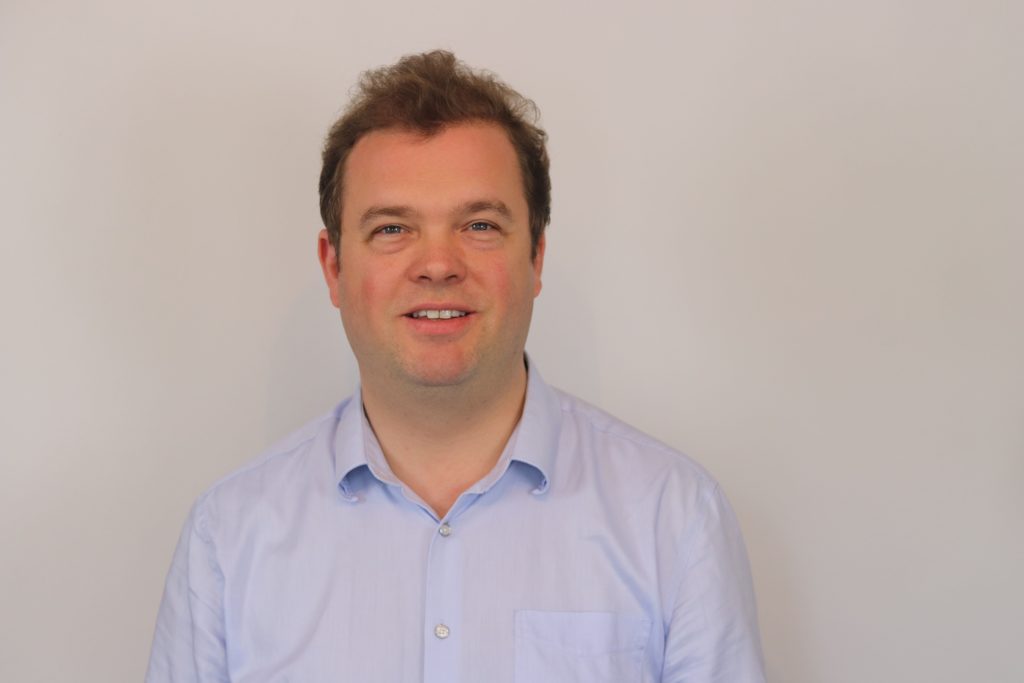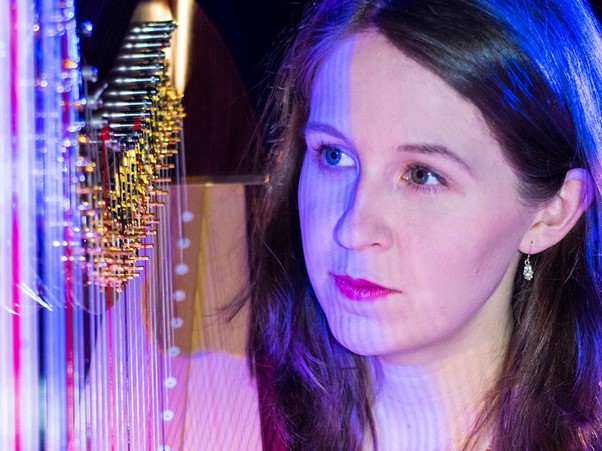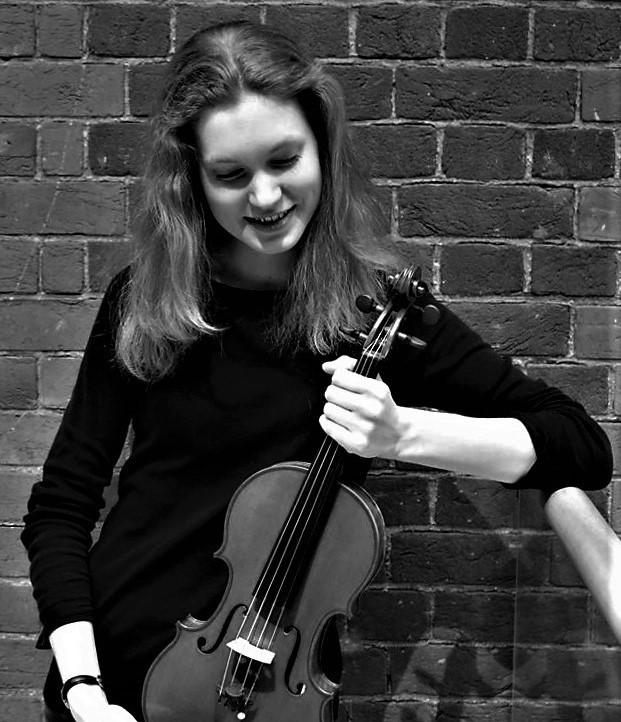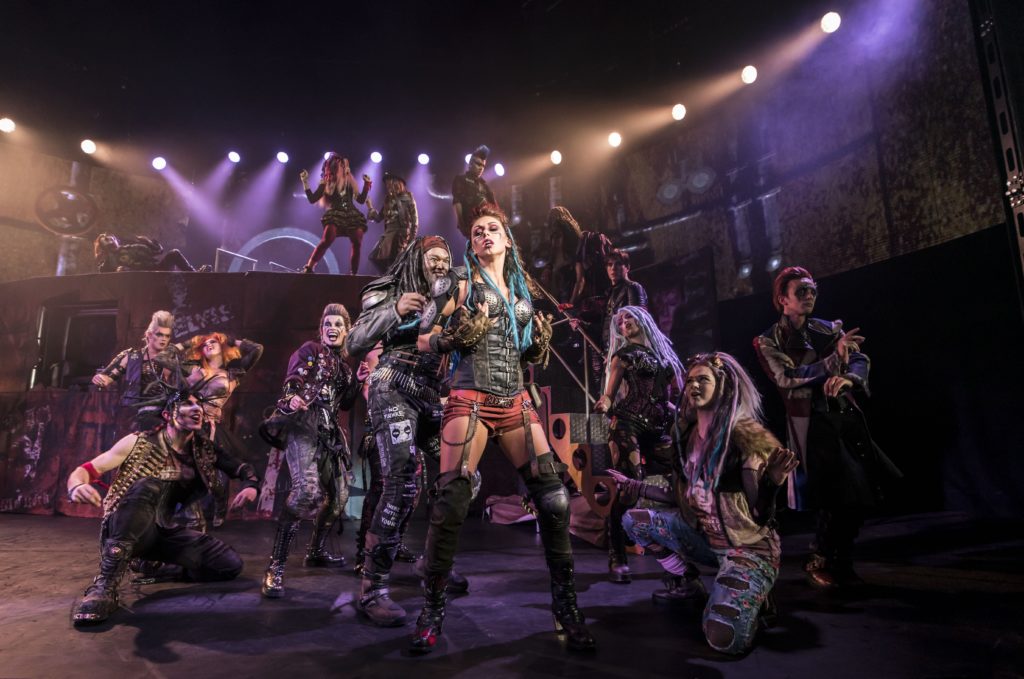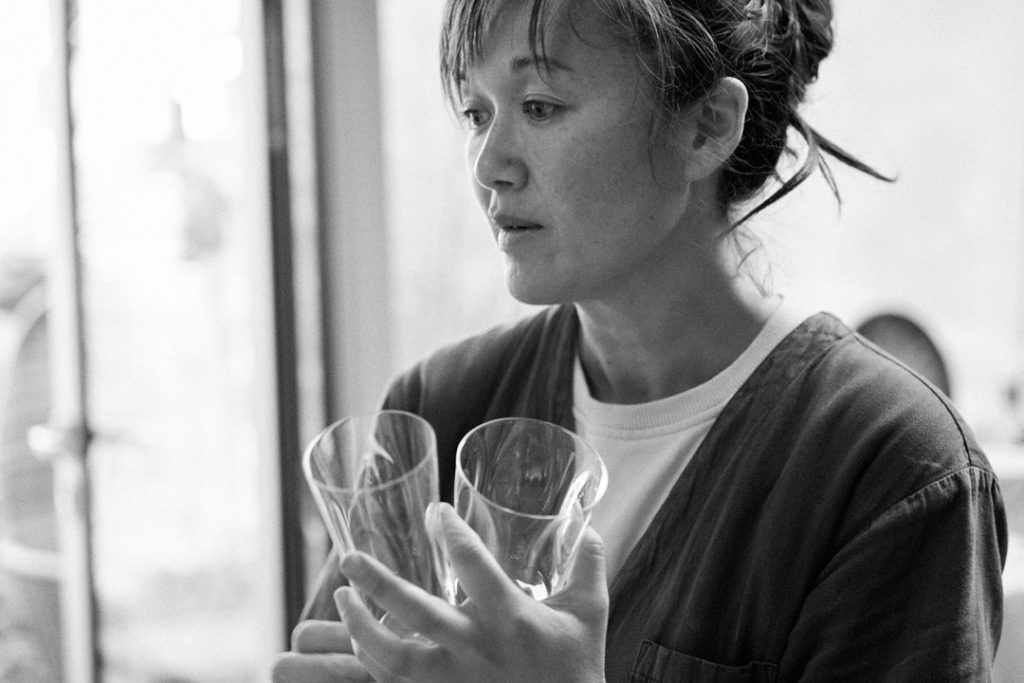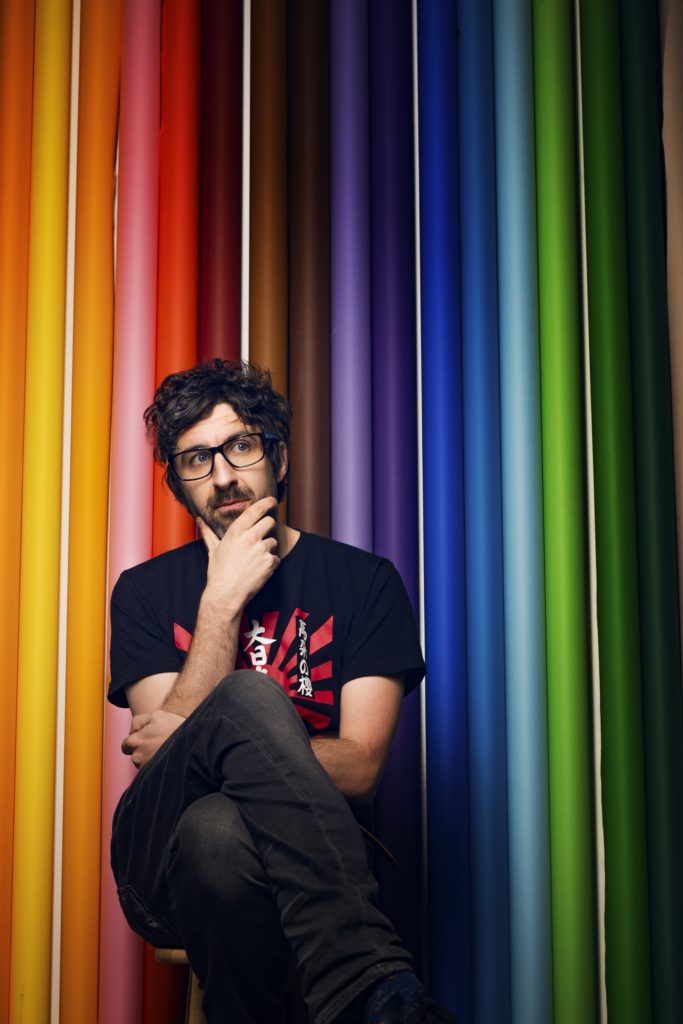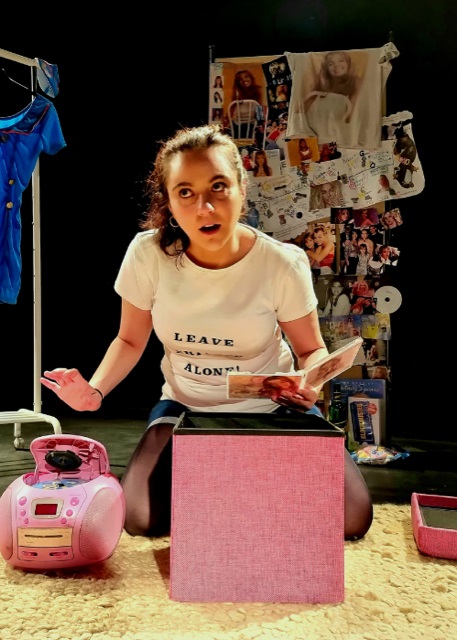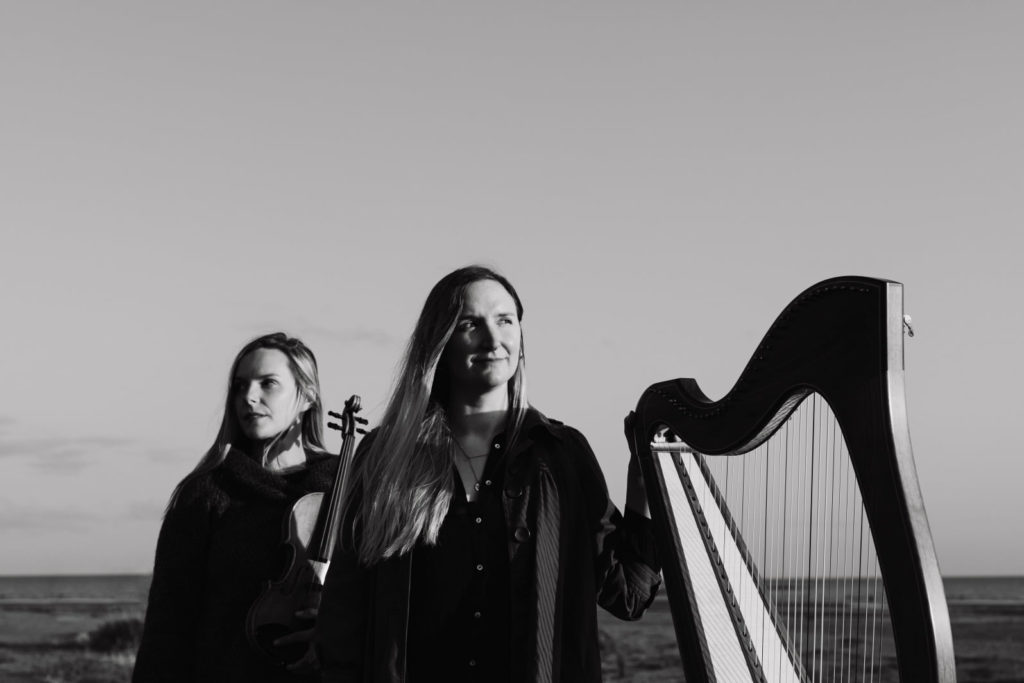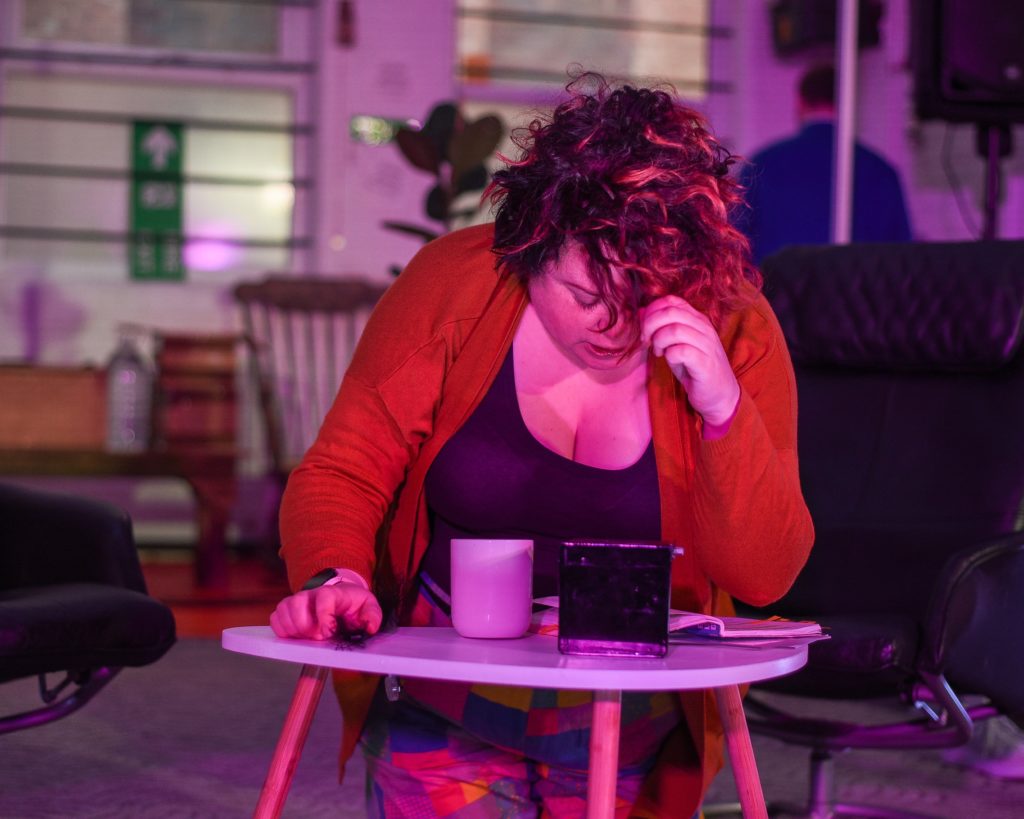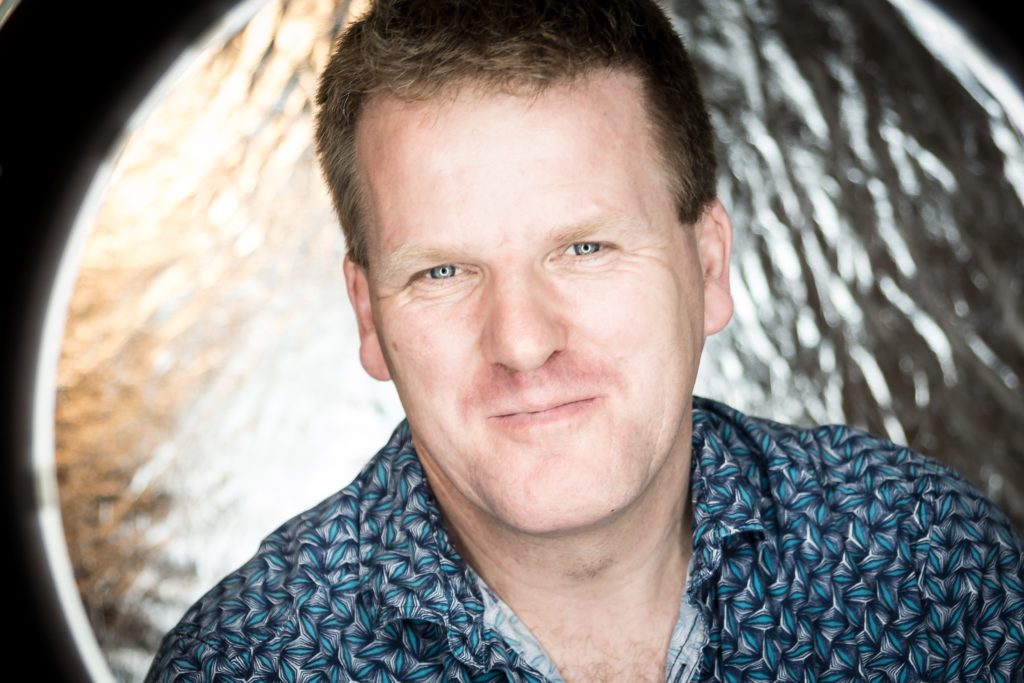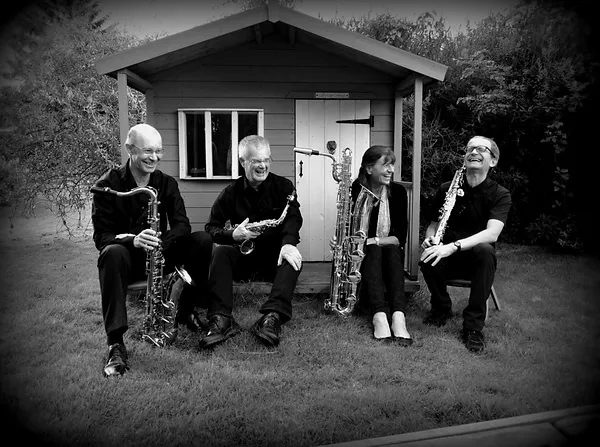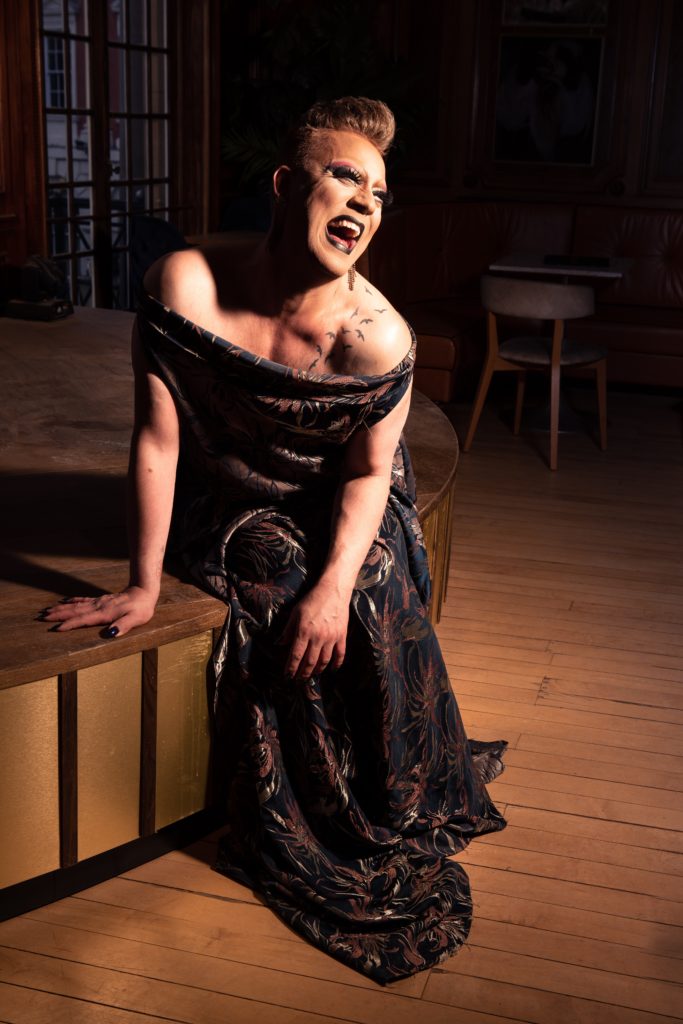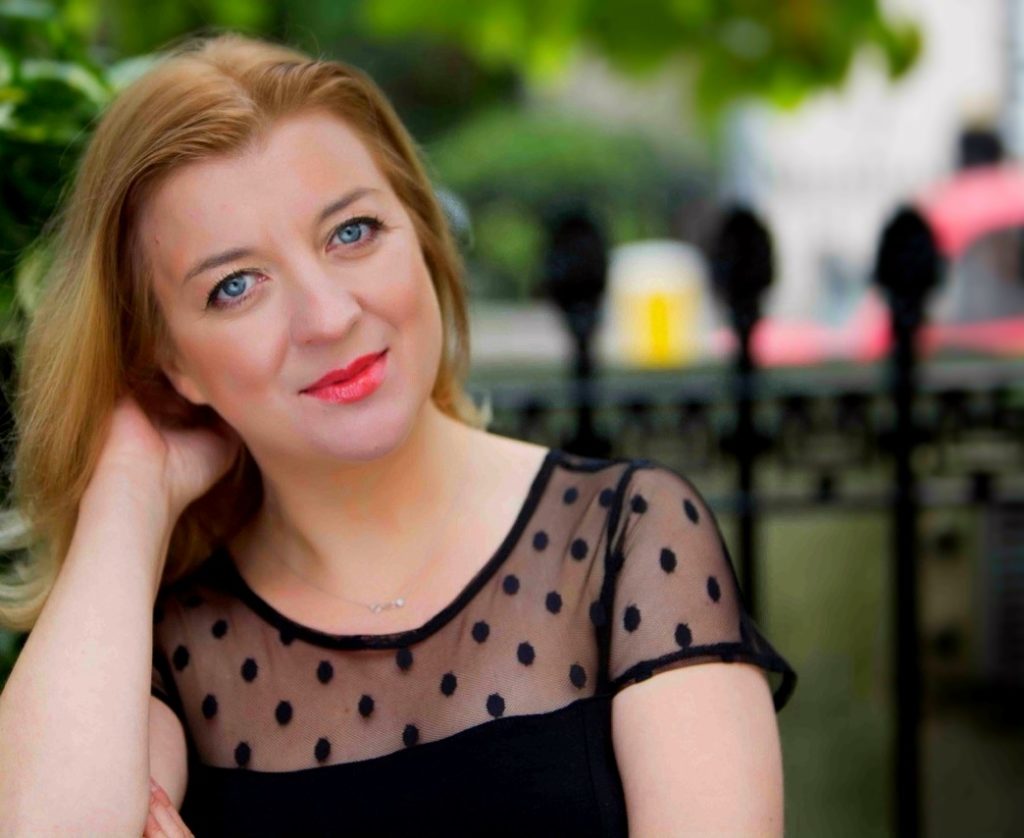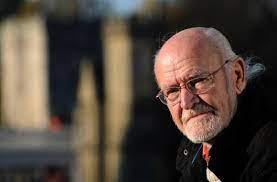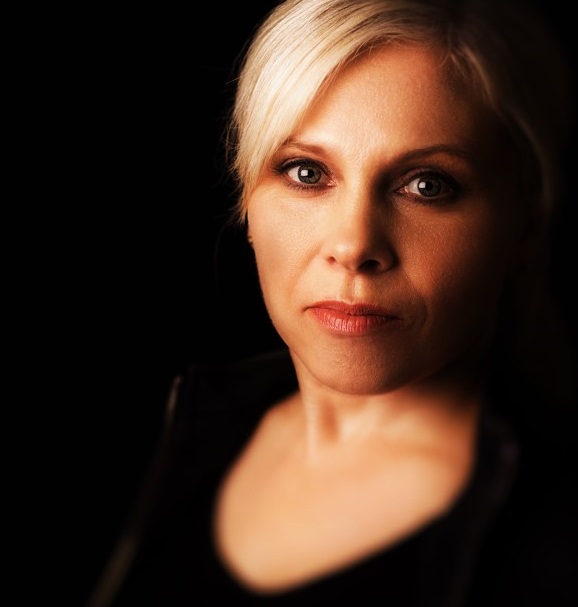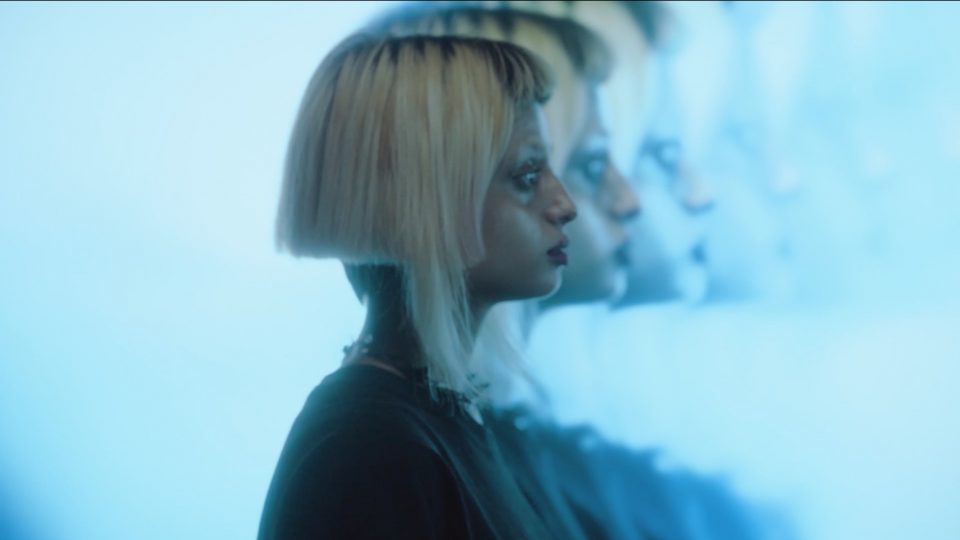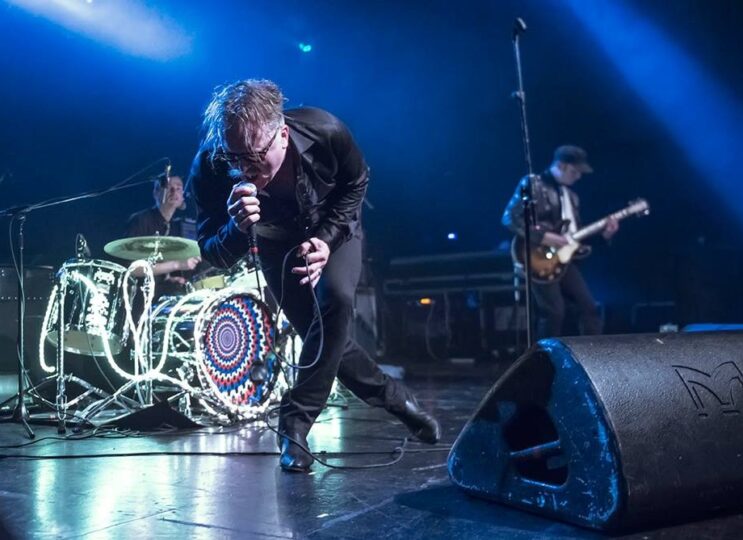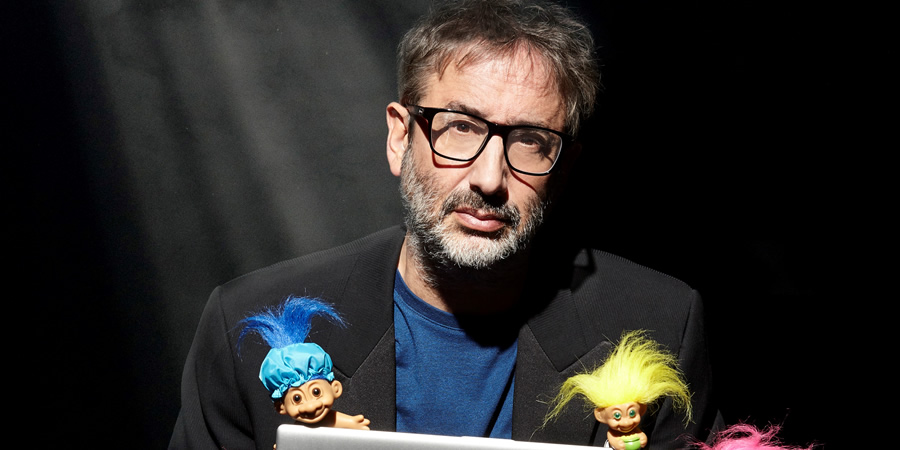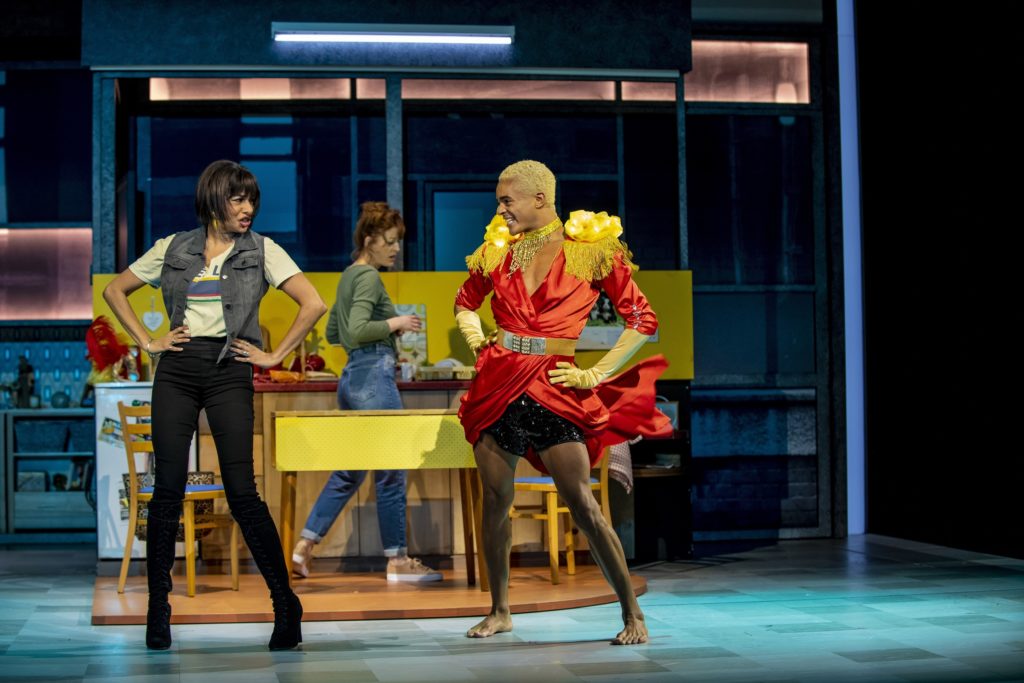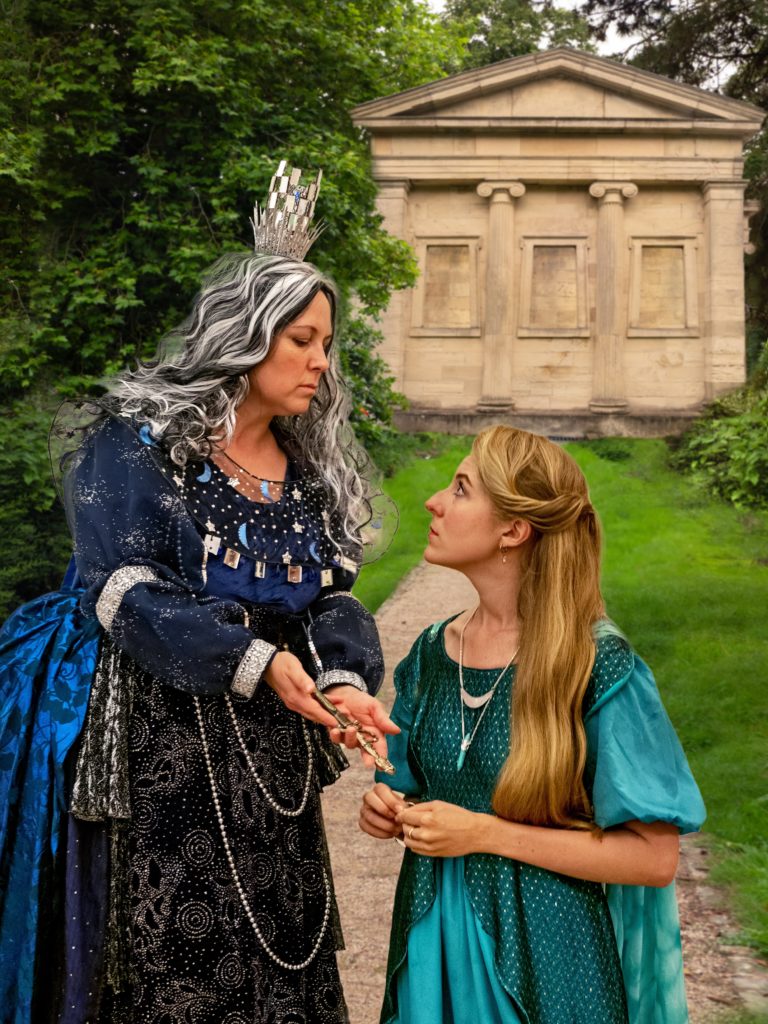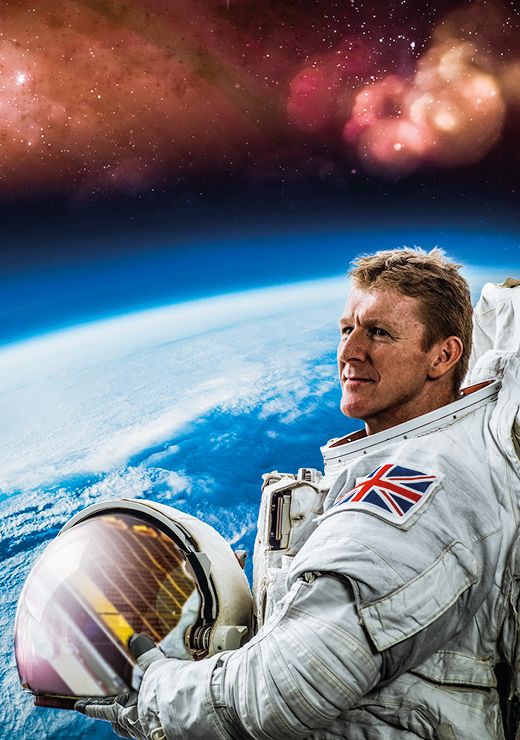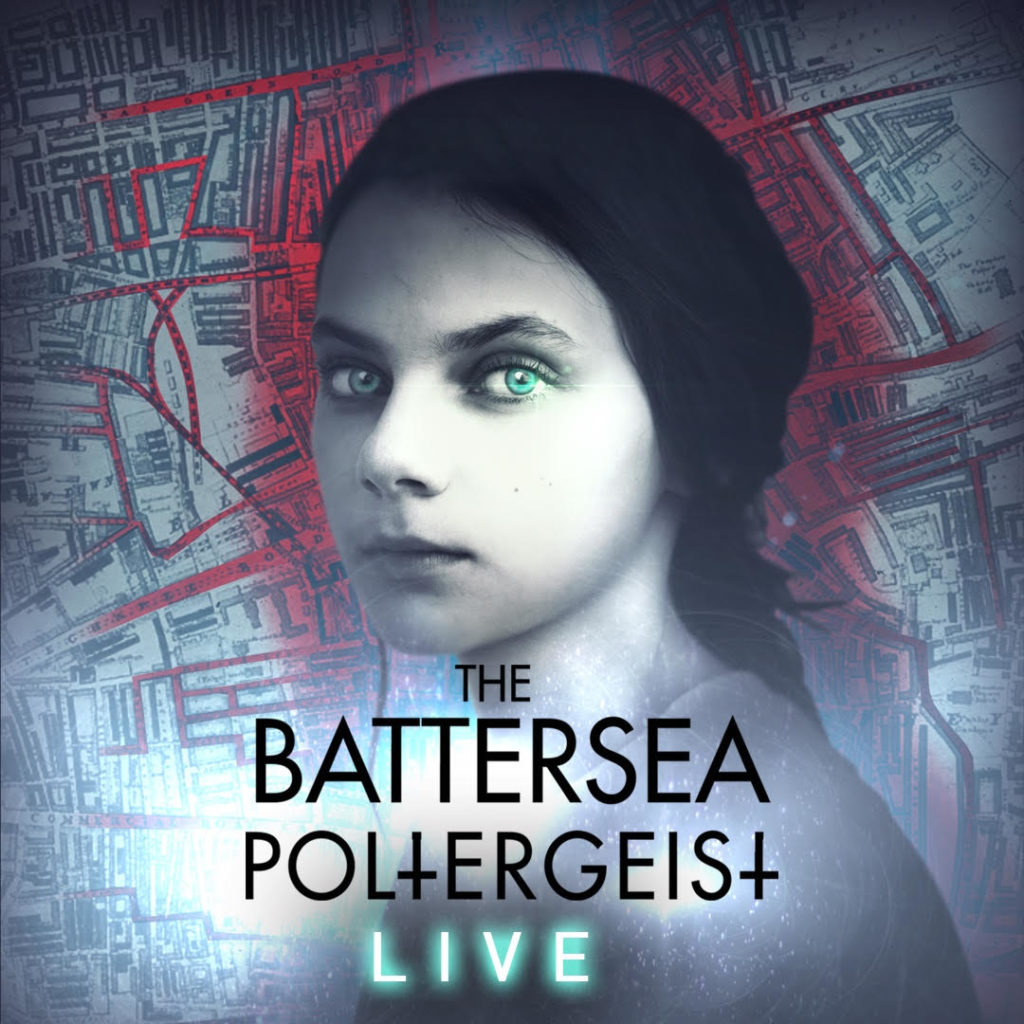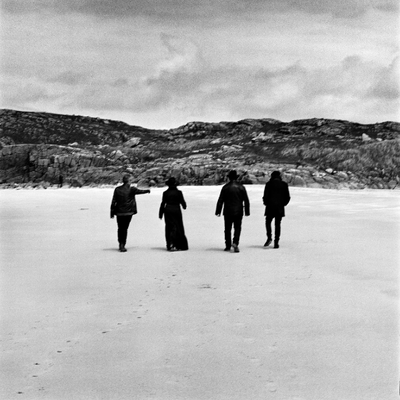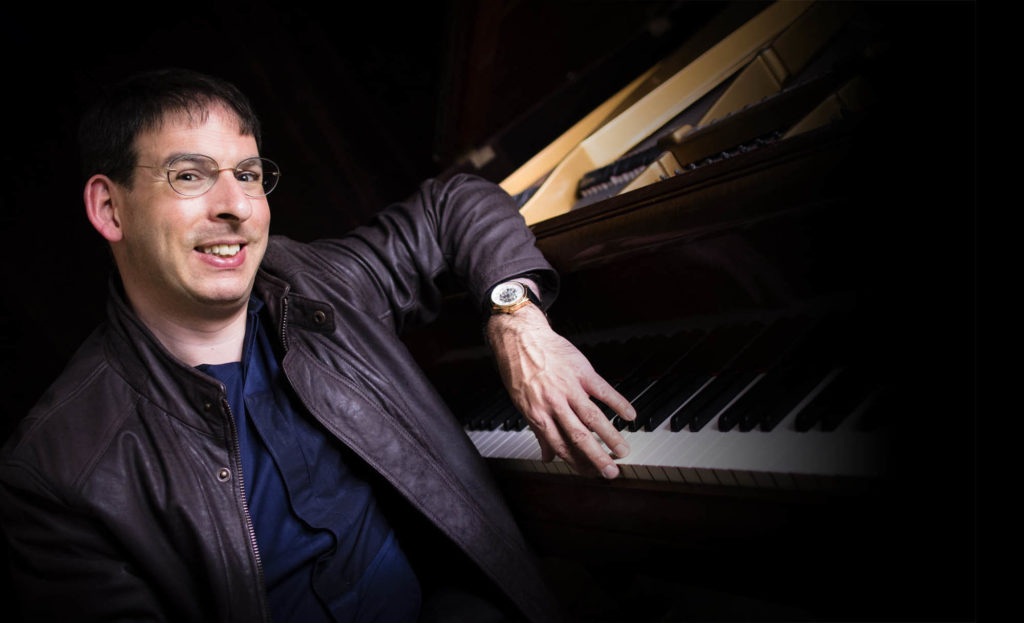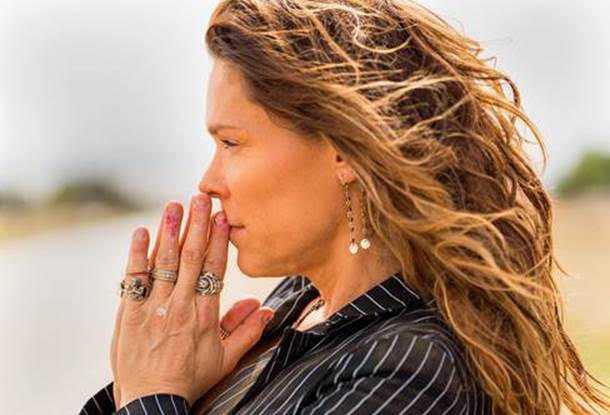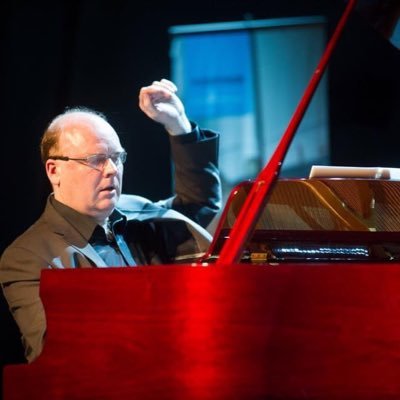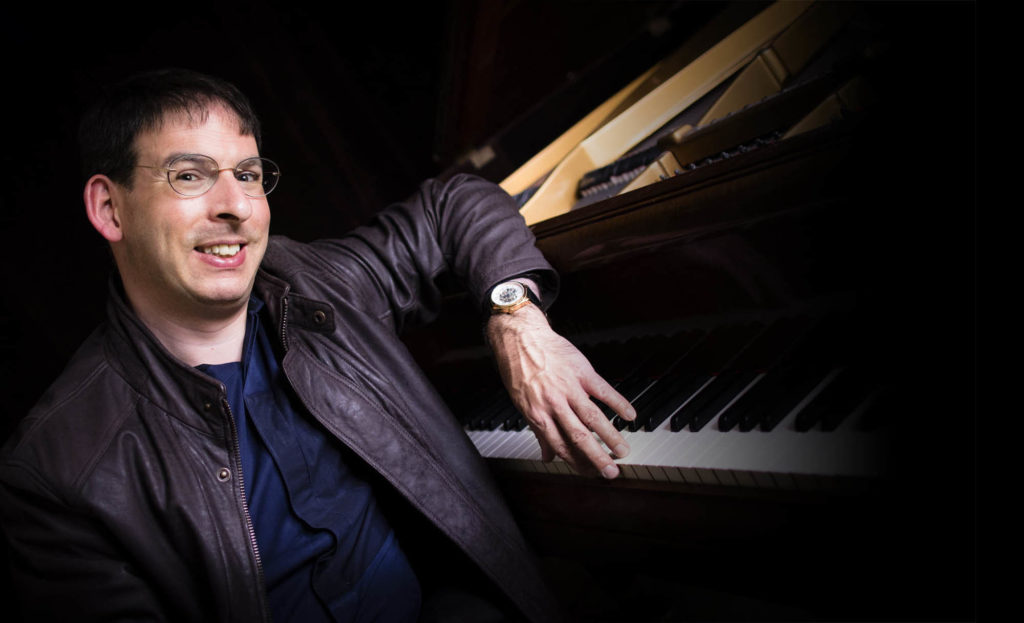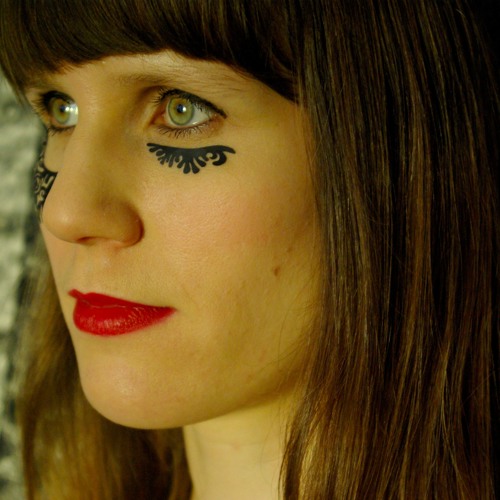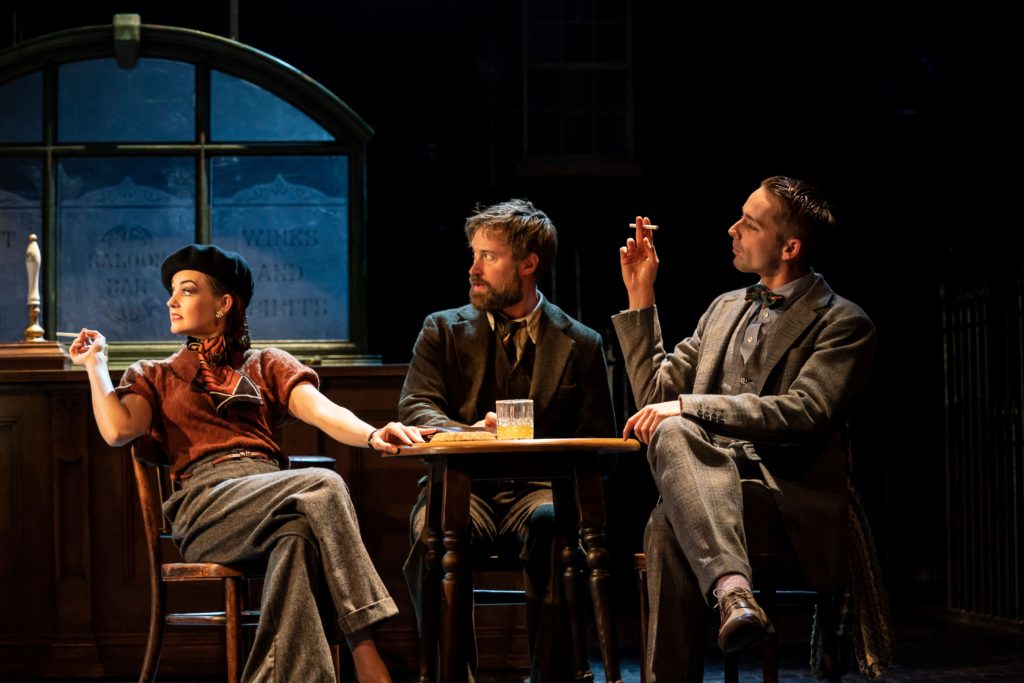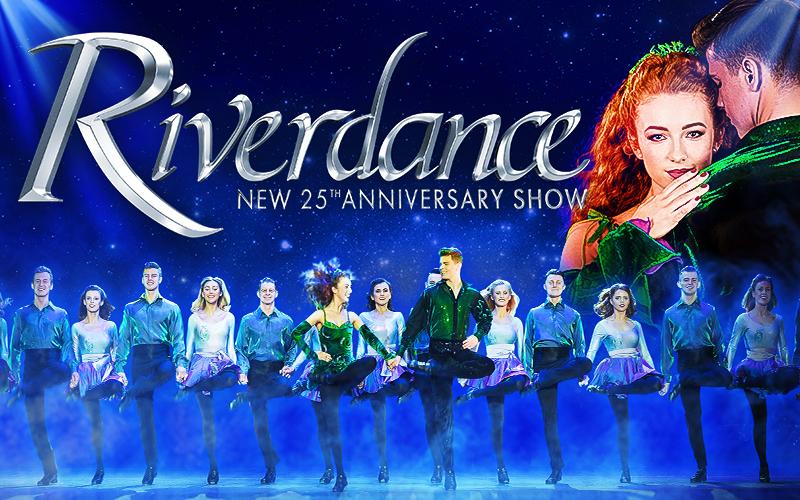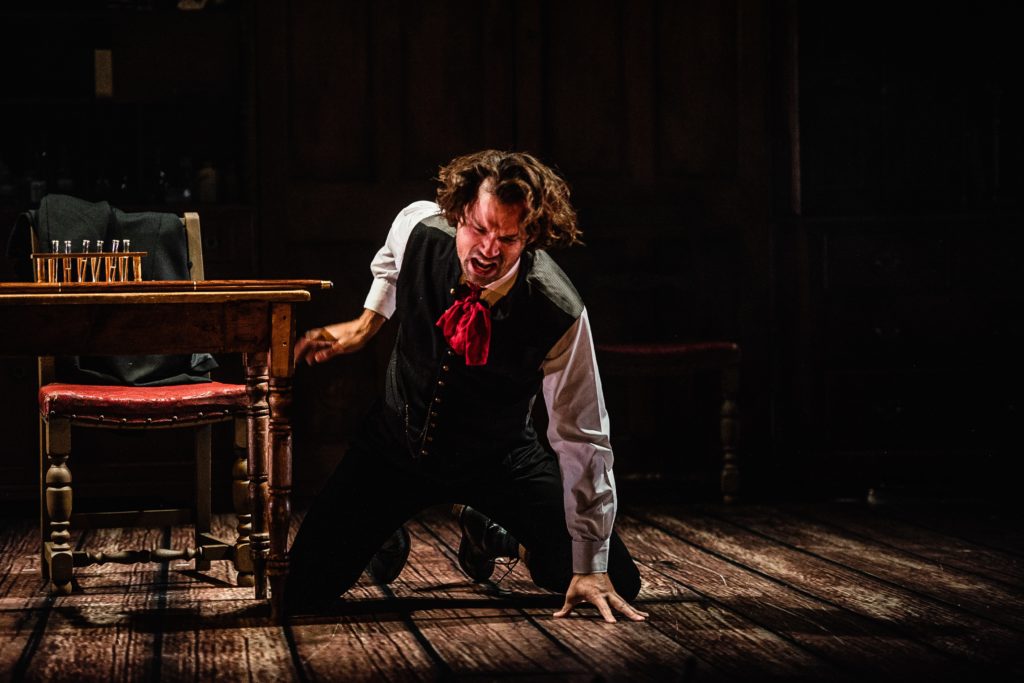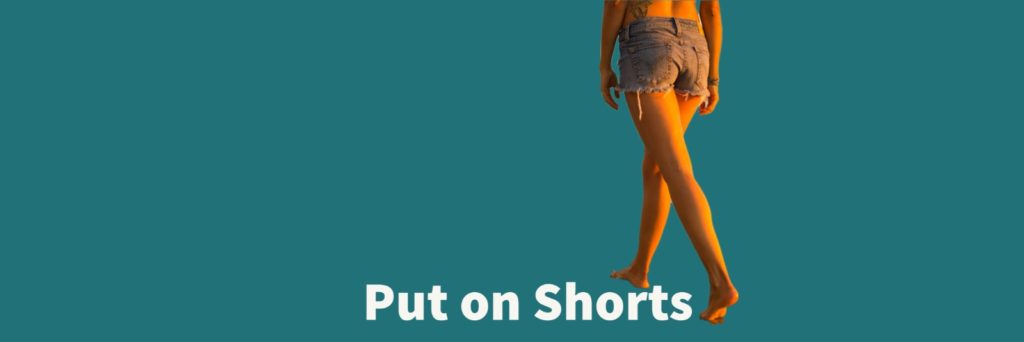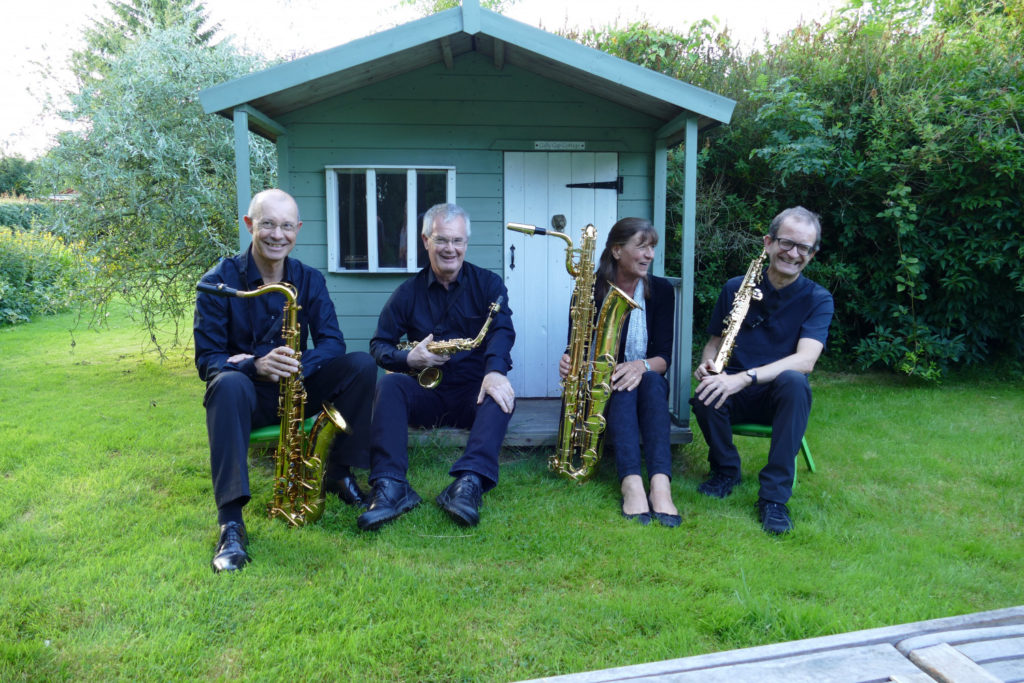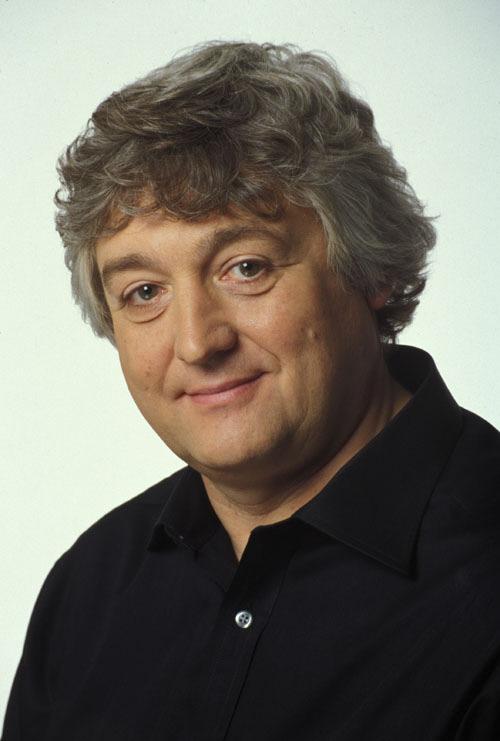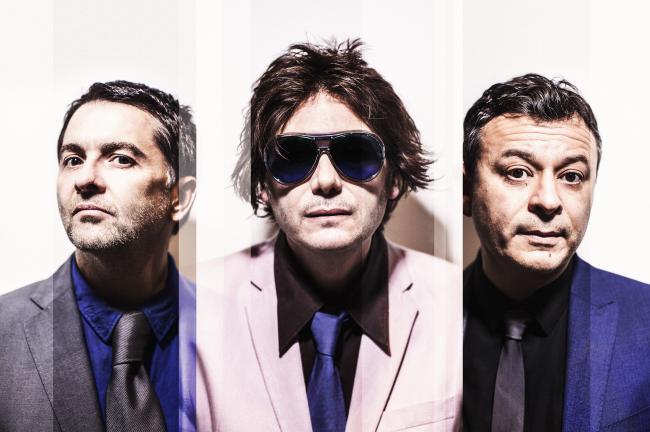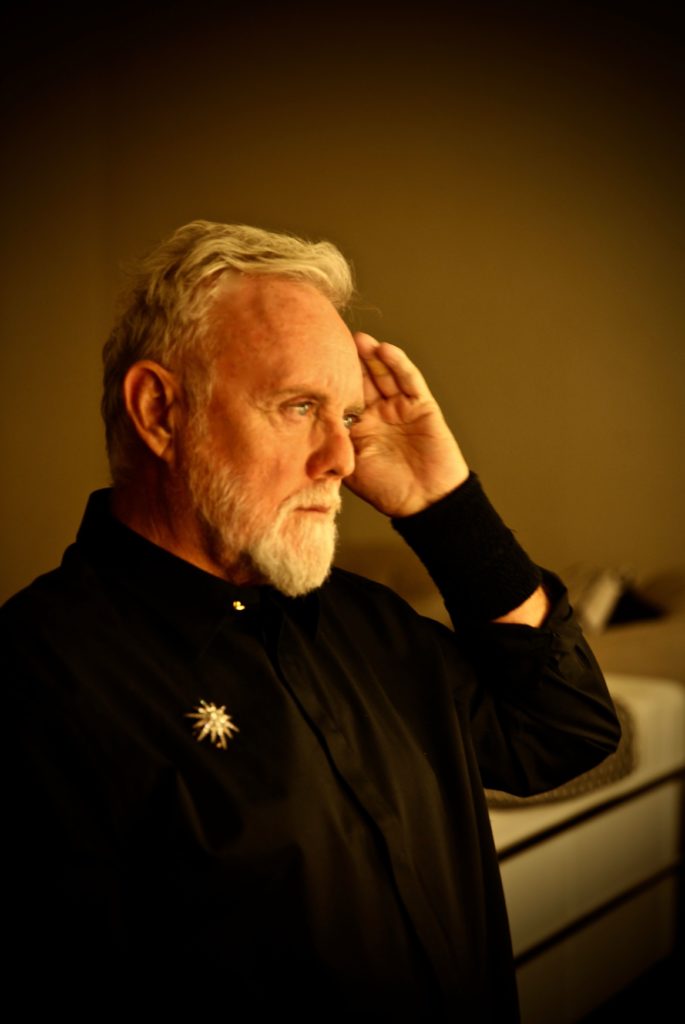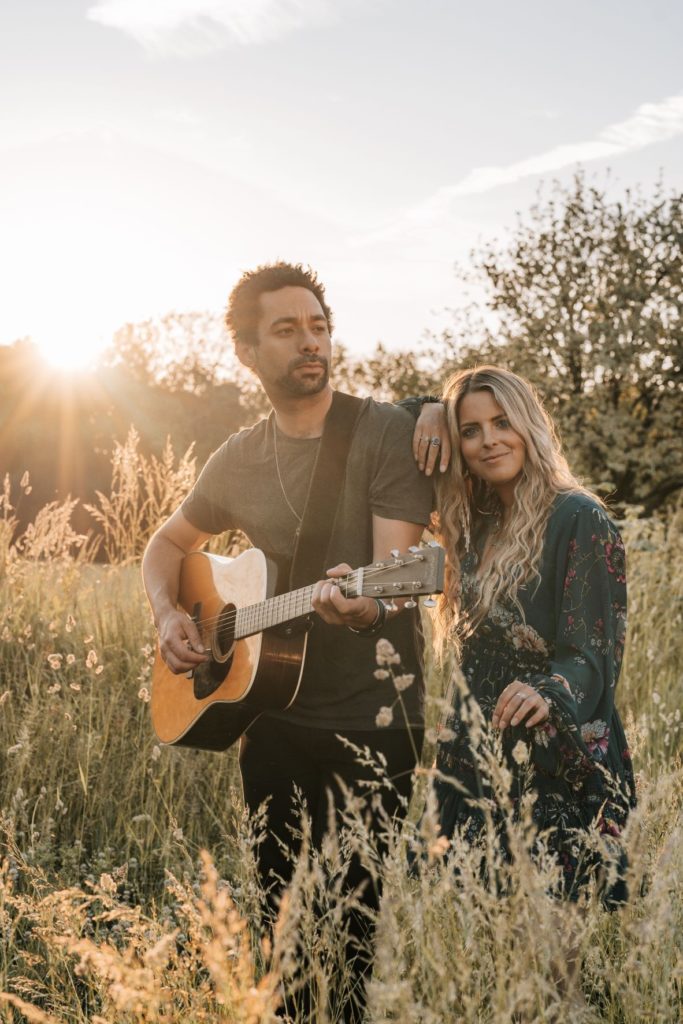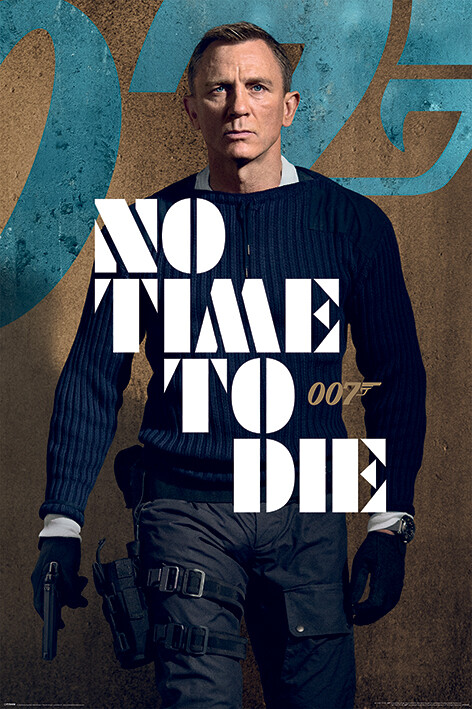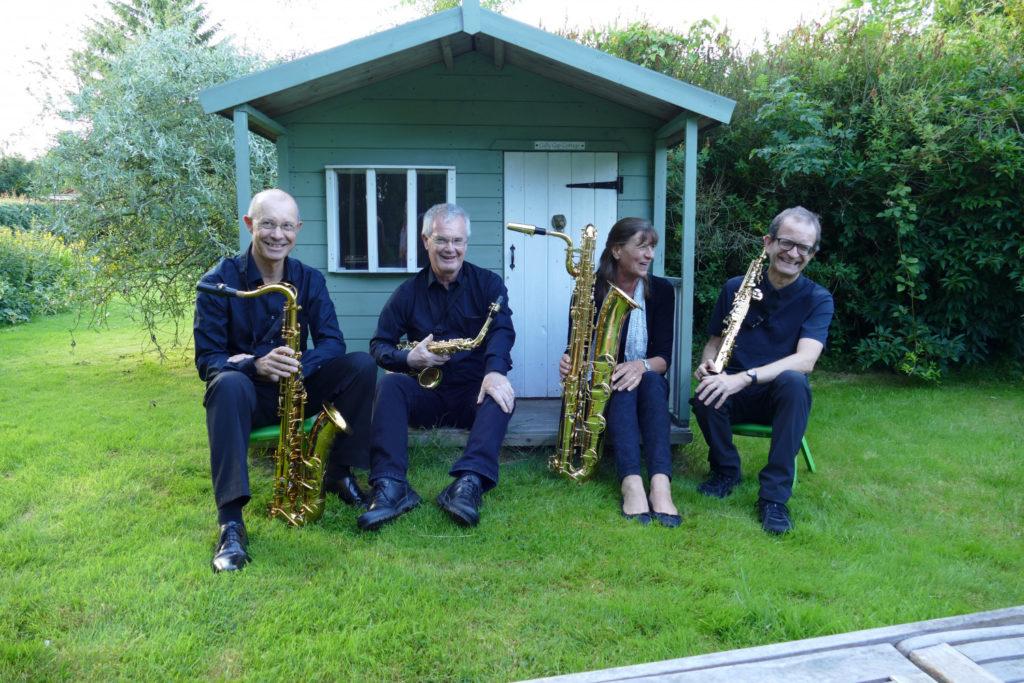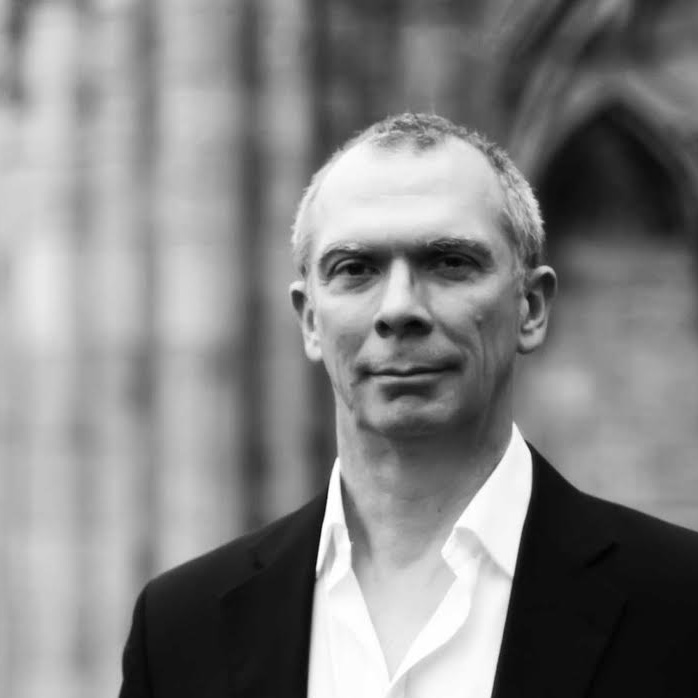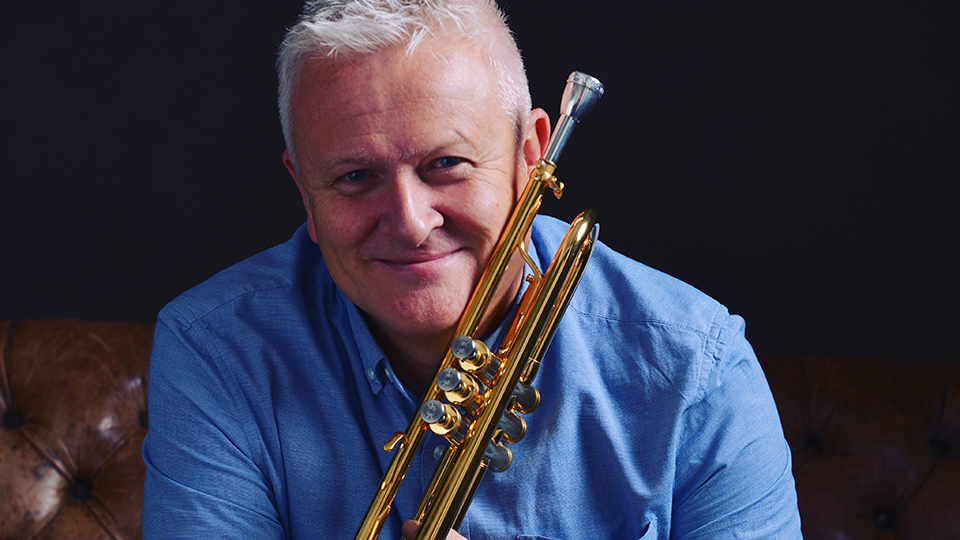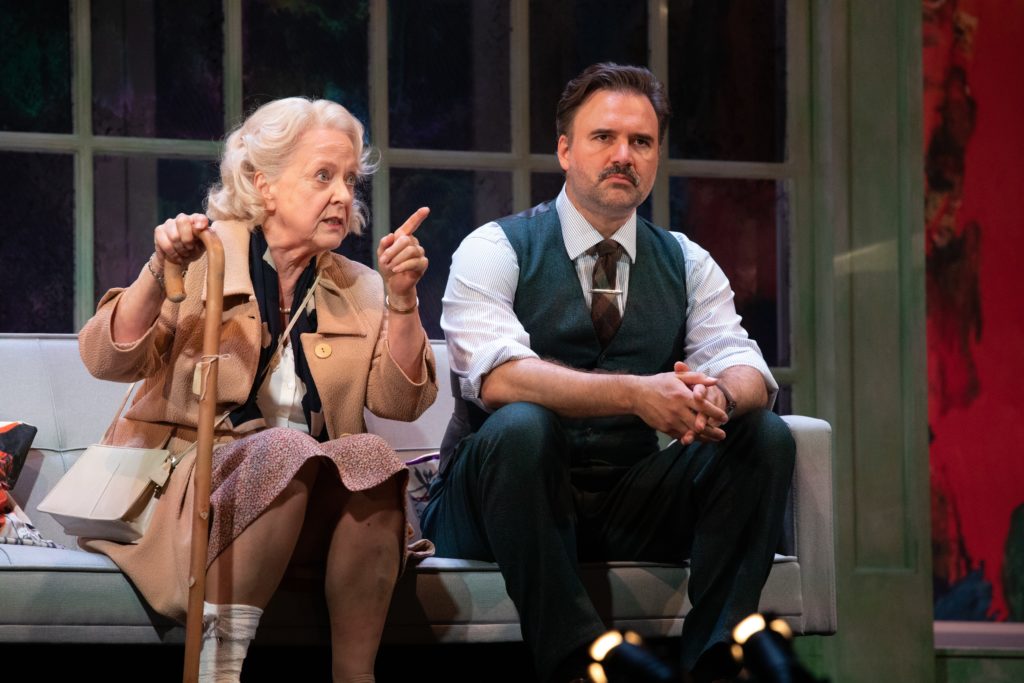
COINCIDING with Miss Marple’s arrival, Charles Hutchinson applies his investigative skills to to pick out the best prospects to see, whether usual or unusual.
Mystery of the week: Original Theatre Company in Agatha Christie’s The Mirror Crack’d, York Theatre Royal, Tuesday to Saturday, 7.30pm; 2pm, Thursday; 2.30pm, Saturday
SUSIE Blake’s Miss Marple, Sophie Ward and Joe McFadden lead the cast in Rachel Wagstaff’s stage adaptation of Agatha Christie’s 1962 psychological thriller, a story of revenge and the dark secrets that we all hide.
In the sleepy village of St Mary Mead, a new housing estate is making villagers curious and fearful. Even stranger, a rich American film star has bought the Manor House. Cue a vicious murder; cue Jane Marple defying a sprained ankle to unravel a web of lies, tragedy and danger. Box office: 01904 623568 or yorktheatreroyal.co.uk.
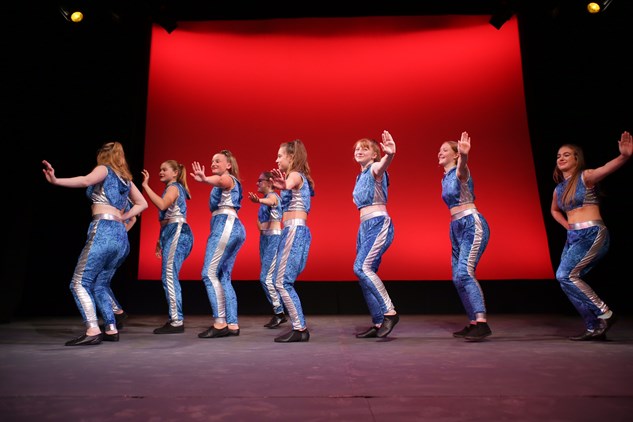
Every body dance: It’s Dance Time 2022, Barbara Taylor School of Dancing, Joseph Rowntree Theatre, York, today, 2.30pm and 7.30pm
IT’S Dance Time is “a festival arrangement of dance, infused together to arrange a variety of dance styles”, featuring the whole Barbara Taylor School of Dancing intake.
From tiny toes to fully grown, this song-and- dance parade through the years takes in Commercial Ballet, Tap, and Freestyle Jazz, finishing off with excerpts from Chitty Chitty Bang Bang. Box office: 01904 501935 or josephrowntreetheatre.co.uk.
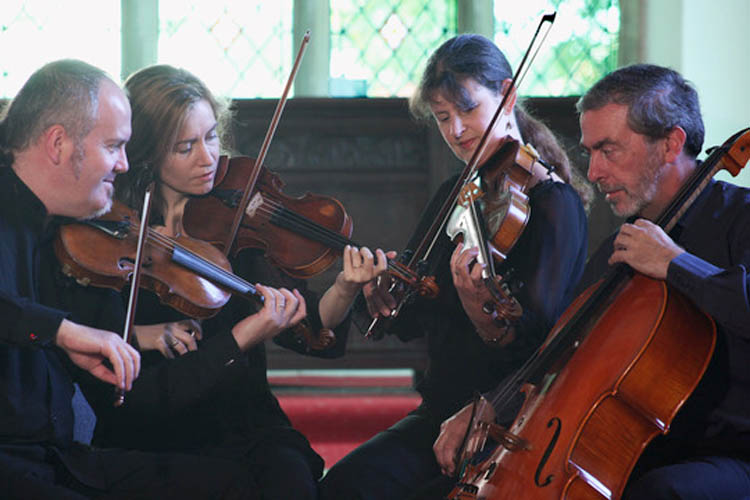
Season launch of the week: York Late Music presents Jakob Fichert, today, 1pm, and Bingham String Quartet, today, 7.30pm, St Saviourgate Unitarian Chapel, York
ON the first weekend of its 2022-2023 season, York Late Music returns with its regular format of a lunchtime and evening concert. First up, pianist Jakob Fichert marks the 75th birthday of American composer John Adams by performing his works China Gates and American Berserk.
Later, the Bingham String Quartet play string quartets by Beethoven, Schnittke, LeFanu and Tippett, preceded by a talk at 6.45pm by Steve Bingham with a complimentary glass of wine or juice. Tickets: latemusic.org or on the door.
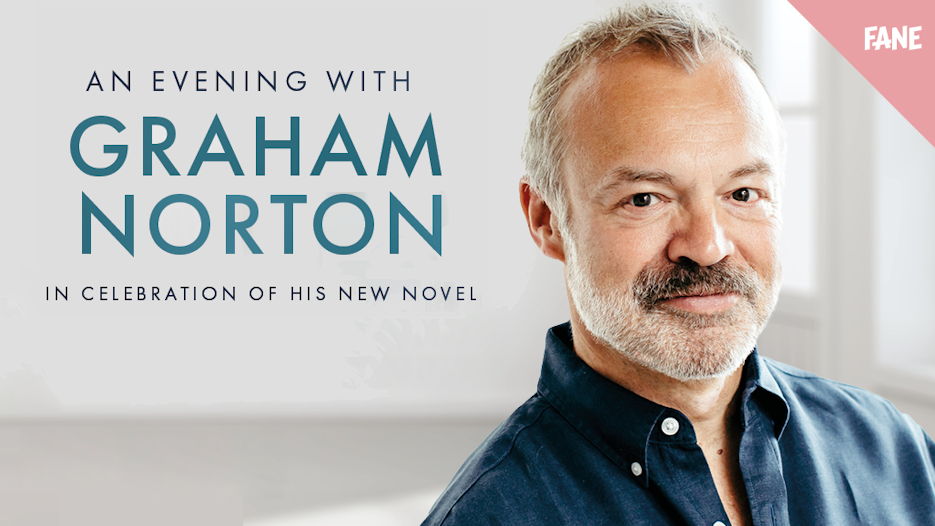
Novel event of the week: An Evening With Graham Norton, York Theatre Royal, Monday, 7.30pm
BBC broadcaster, Virgin Radio presenter and novelist Graham Norton is on a promotional tour for his new book, Forever Home, published this week by Coronet. Set in a small Irish town, it revolves around divorced teacher Carol, whose second chance of love brings her unexpected connection, a shared home and a sense of belonging in a darkly comic story of coping with life’s extraordinary challenges.
In conversation with author and presenter Konnie Huq, Norton will discuss the novel’s themes and how he creates his characters and atmospheric locations, share tales from his career and reveal what inspired him to pick up a pen and start writing, with room for audience questions too. Tickets update: sold out; for returns only, check yorktheatreroyal.co.uk.
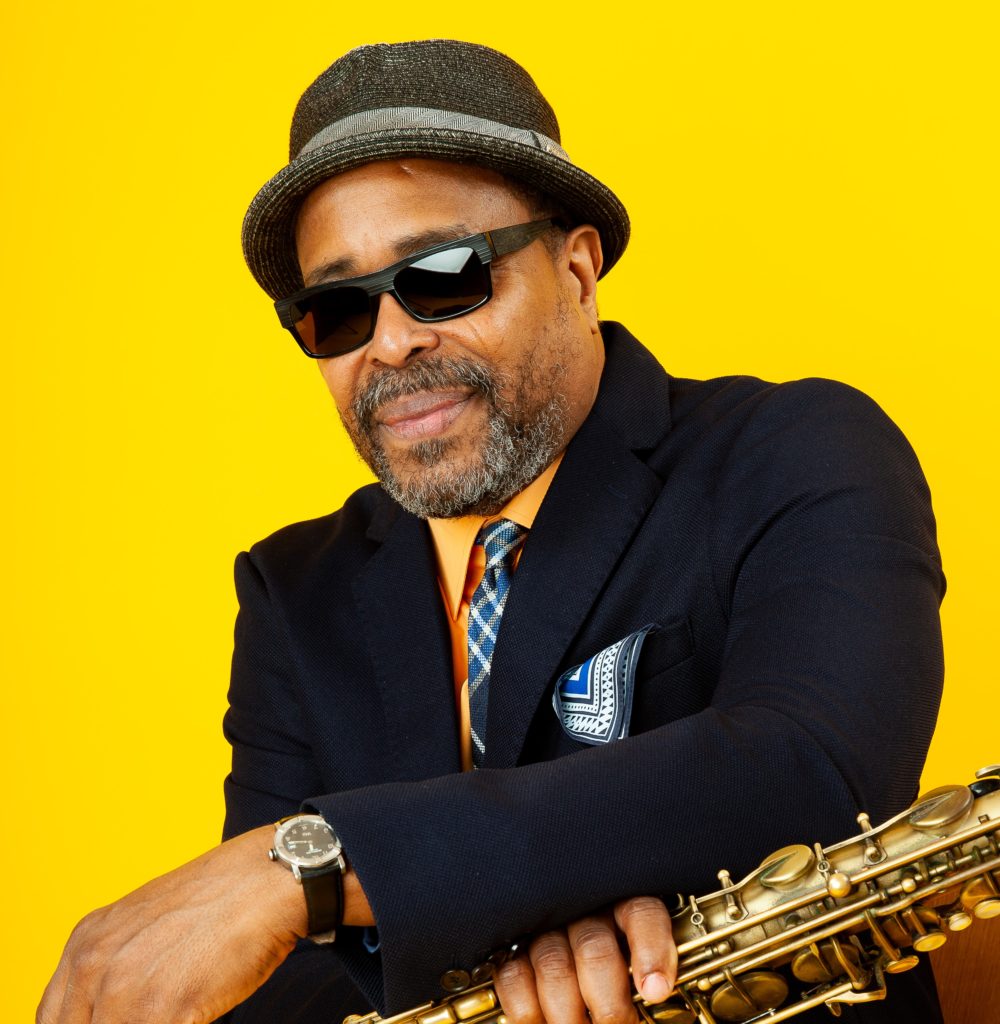
Jazz gig of the week: Jean Toussaint Quintet, National Centre for Early Music, York, Wednesday, 7.30pm
SAXOPHONIST Jean Toussaint, who came to prominence in Art Blakey’s Jazz Messengers in 1982, after his Berklee College of Music studies in Boston, has released 12 albums since moving to London in 1987.
His latest, Songs For Sisters Brothers And Others, reflects on the turbulent Covid-19 years. “The pandemic caused me to focus on the fragility of life and the fact we’re here one moment and gone the next,” he says of penning songs as a “tribute to my wonderful siblings while they were still around to enjoy it”.
Joining him in York will be Freddie Gavita, trumpet, Jonathan Gee, piano, Conor Murray, bass, and Shane Forbes, drums. Box office: 01904 658338 or ncem.co.uk.
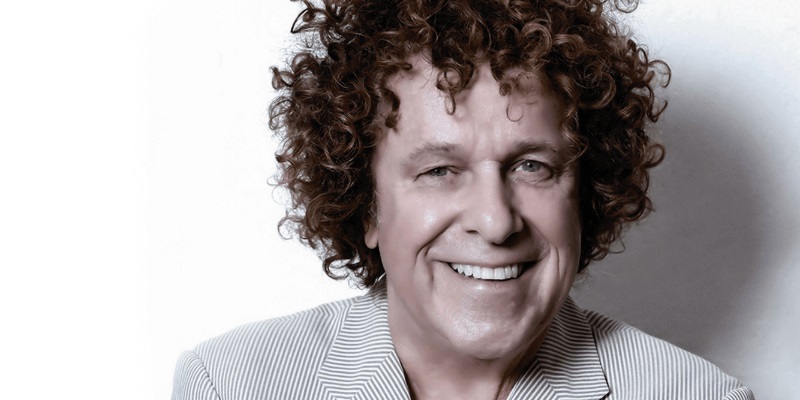
The rearranged show must go on: Leo Sayer, York Barbican, Friday, 7.30pm
DELAYED by the pandemic, Leo Sayer’s York show now forms part of a 2022 tour to mark his 50th anniversary in pop.
Sayer, 74, who lives in Australia, is back on home soil with his not-so-one-man band to perform a setlist sure to feature One Man Band, Thunder In My Heart, Moonlighting, I Can’t Stop Loving You, More Than I Can Say, Have You Ever Been In Love, When I Need You, You Make Me Feel Like Dancing and, yes, The Show Must Go On. Box office: yorkbarbican.co.uk.
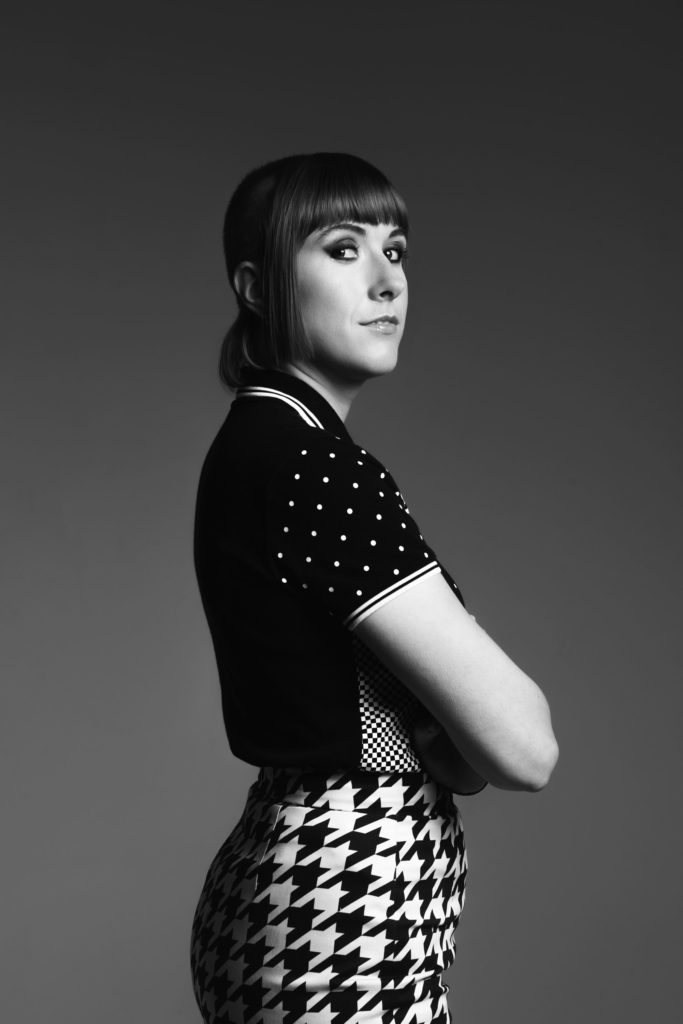
Homecoming of the week: Maisie Adam: Buzzed, Harrogate Theatre, October 8, 8pm
BORN in Pannal and former head girl at St Aidan’s in Harrogate, anecdotal stand-up Maisie Adam heads home next Saturday on her first full-scale British tour to discuss relationships, house plants, her footballing aplomb, hopefully her beloved Leeds United and that haircut, the one to rival David Bowie’s Aladdin Sane for multiple choices across one barnet.
Adam played her first gig at the Ilkley Literature Festival in 2016 and won the nationwide So You Think You’re Funny? Competition in 2017. Now she pops up on Mock The Week and Have I Got News and co-hosts the podcast That’s A First. She also plays Leeds City Varieties on Friday. Box office: Harrogate, 01423 502116 or harrogatetheatre.co.uk; Leeds, 0113 243 0808 or leedsheritagetheatres.com.
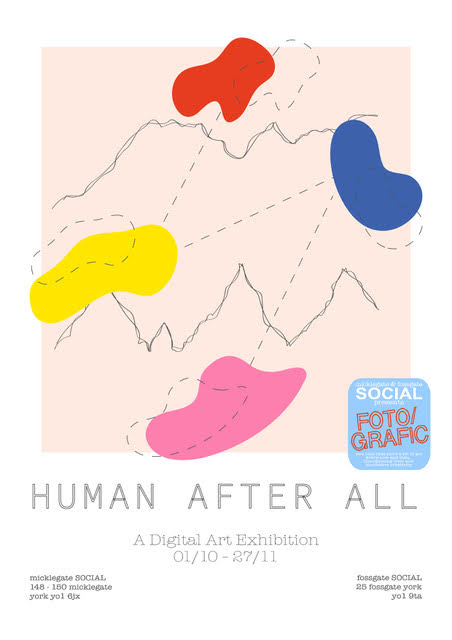
One exhibition, two locations: Foto/Grafic, Human After All, at Micklegate Social and Fossgate Social, York, today until November 27.
TWO sister bars that “show a bit of art every now and then championing local and innovative creativity” present Foto/Grafic’s group show from this weekend.
Human After All features digital-media artwork by young and early-career artists in celebration of their “leap from physical earthbound creations to the stratosphere of the unlimited digital toolbox”.
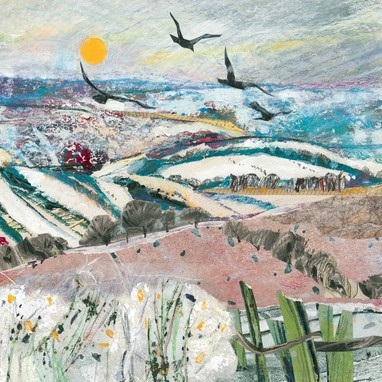
Exhibition launch of the week outside York: Judy Burnett, Time And Tide, Morten Gallery, High Street, Old Town, Bridlington, today until November 13; open Wednesday to Sunday, 10am to 4pm
YORK artist Judy Burnett’s latest show of paintings and collages at Morten Gallery winds its way across the Wolds from the River Ouse in York to the sea.
Over time, water in all its forms has created the East Yorkshire landscape, firstly as a melting glacier at the end of the Ice Age, gouging out deep valleys and folds on its way down to the Vale of York.
The River Ouse then connects with other Yorkshire waterways to spill out into the North Sea at the mouth of the Humber and return on the tide to crash onto the cliffs of the Wolds coastline.
Judy lives by the Ouse in York, with a view from her studio window directly onto the riverbank, leading to the changing effects of light on moving water being an inspiration for her work. The colours and rhythms of the water alter with the weather, the time of day, the seasons and the frequent floods.
This interest in the luminosity and movement of water is also reflected in Judy’s many paintings of the Yorkshire coast, most particularly at Flamborough Head and Bridlington.
During the past year, she has made many trips across the Wolds, observing the rich tapestry of the countryside that links the river to the sea.
Her sketches are completed on-site in varying weather conditions. Back in the studio, they are developed in a range of media, utilising hand-printed collage paper and paint. The aim is to keep all the mark-making fresh and spontaneous, to echo the power of the elements at the time of observation.
A Meet The Artist event will be held on October 22, from 1pm to 3pm, when “you are welcome to join us for a glass of wine and to enjoy the 30 pieces of work, together with Judy’s sketchbooks on display,” says gallery owner Jenny Morten.

